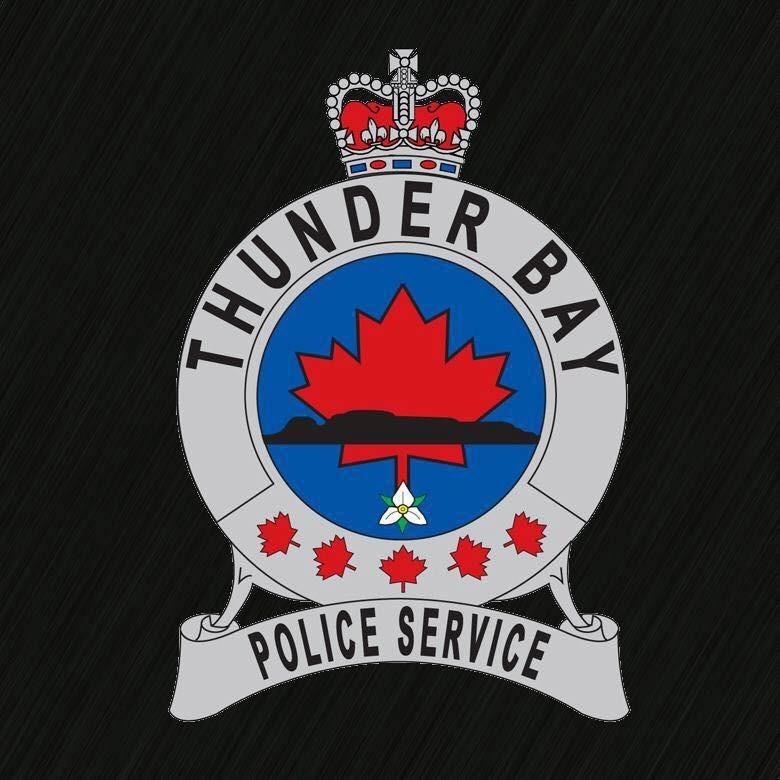A coroner's joint inquest into the deaths of two Indigenous men in Thunder Bay, Ont., police custody is expected to hear evidence that both had chances of survival if they had been taken to hospital.
Inquest counsel Peter Keen gave an overview this morning of testimony that's expected during the 17-day inquest into the August 2014 death of Don Mamakwa, 44, and the July 2017 death of Roland McKay, 50.
Both men were arrested for suspicion of public intoxication and were being held at Thunder Bay Police Services headquarters when they lost vital signs and died of medical illnesses.
In an opening statement, Keen said the inquest's jury can expect to hear evidence that Mamakwa was not meaningfully medically assessed, and he would have had a 97 per cent chance of survival had he been taken to hospital.
He said evidence is also expected that McKay, who was related to Mamakwa, would also have had more opportunities for survival in hospital than in the jail cell where he died.
The inquest is expected to first hear details around the circumstances of Mamakwa's death, then McKay's.
Keen said evidence is expected from an expert who will speak about Indigenous people's experiences with racism and interactions with the health system.
The inquest is expected to explore how racism and bias played into first responders' interactions with Mamakwa and McKay before they died, and look at practical solutions to address those issues.
Keen said the inquest is also set to hear from panels with expertise in different police services and best practices for dealing with intoxicated people.
The inquests are being held together because of similarities in the cases, Keen said. Both men had been consuming alcohol, both interacted with EMS and police, both died in Thunder Bay police custody in police cells and had opportunities for survival that were not met, the inquest heard.
Both were Indigenous and had a family connection, Keen added. He stressed to the jury the importance of setting aside bias and having an open mind when hearing the evidence.
"Truth and reconciliation are fitting words for an inquest of this nature," said Keen.
Legal counsel for the Thunder Bay chief of police and several of the force's officers put forward a motion in January 2021 arguing certain cell block videos should be excluded from evidence.
The footage depicts police bringing another Indigenous man, Dino Kwandibens, into custody for public intoxication on the same night Mamakwa was arrested and later found dead.
According to Cameron's ruling, Thunder Bay police officers can be seen in the video dragging Kwandibens to his cell. They can also be heard calling him derogatory names.
Keen said that footage will be viewed later in the inquest, to show how Indigenous people who appeared to be intoxicated were treated in Thunder Bay that night.
This report by The Canadian Press was first published Oct. 11, 2022.
—�Ĕ�Ĕ
This story was produced with the financial assistance of the Meta and Canadian Press News Fellowship.
Holly McKenzie-Sutter, The Canadian Press




